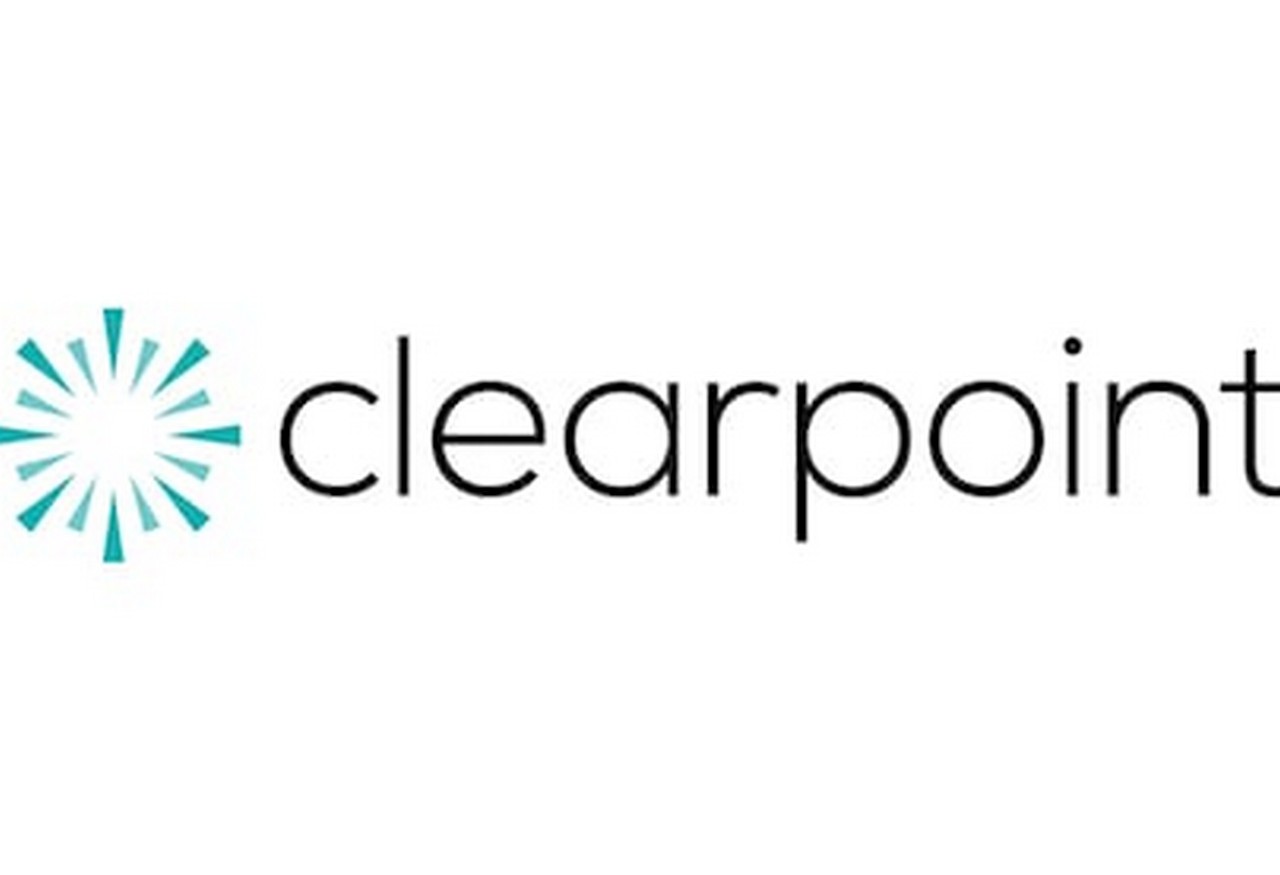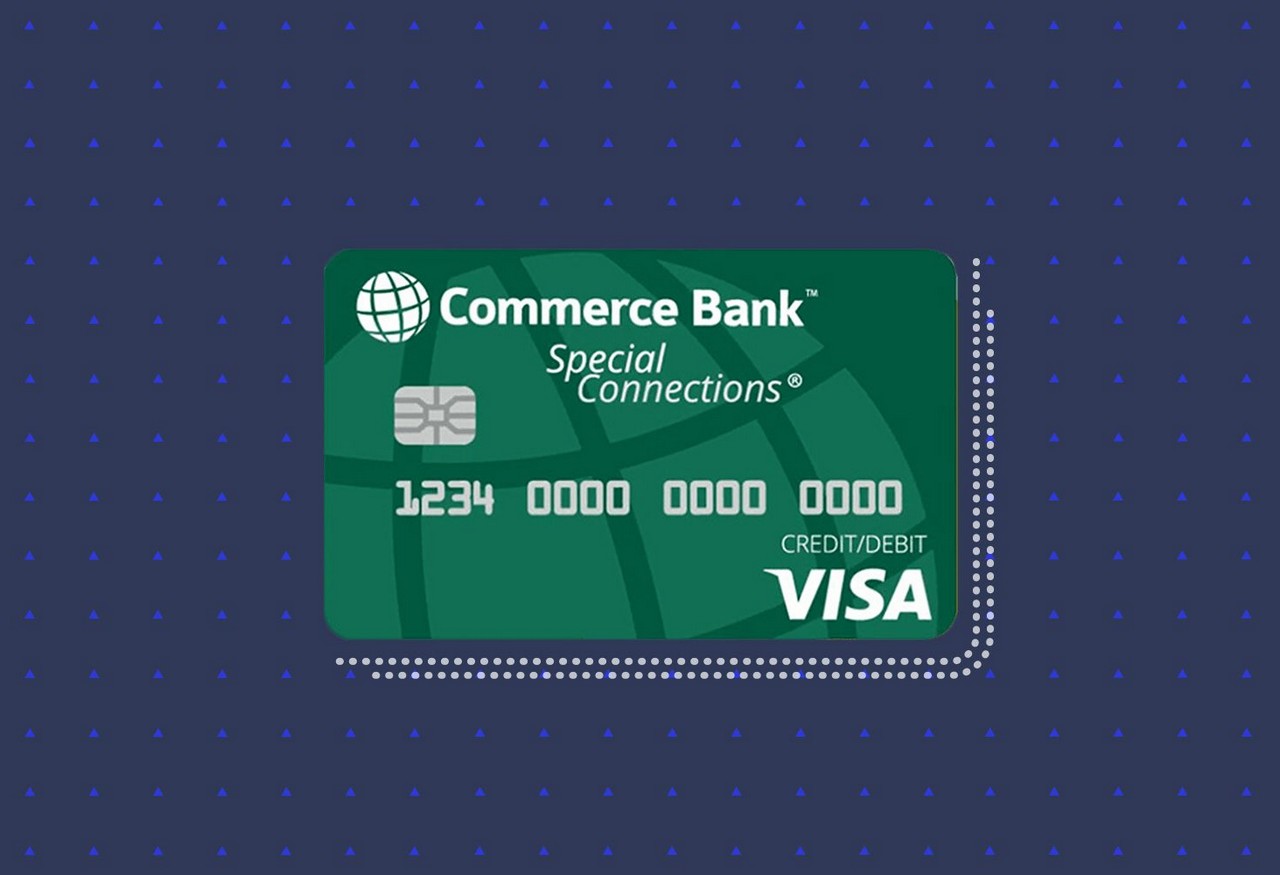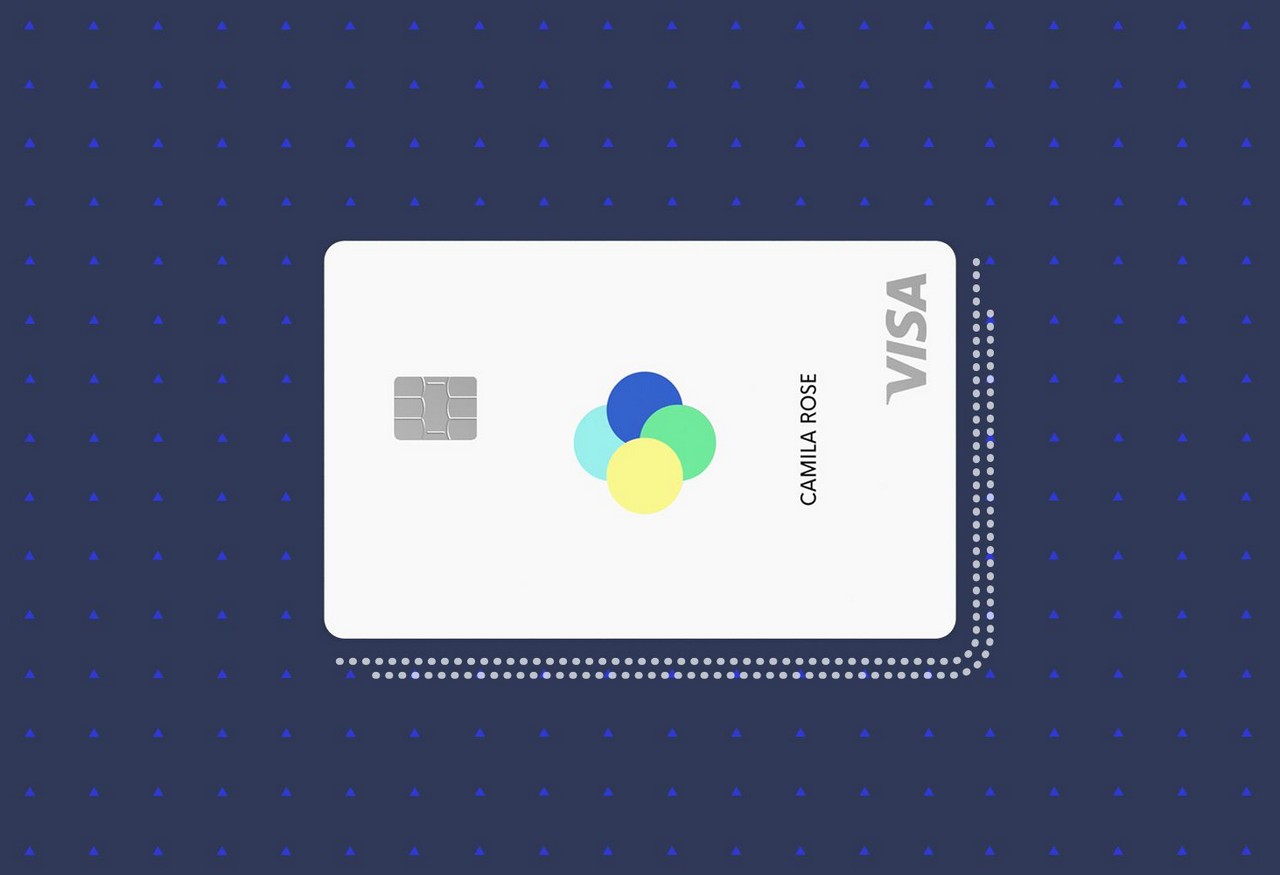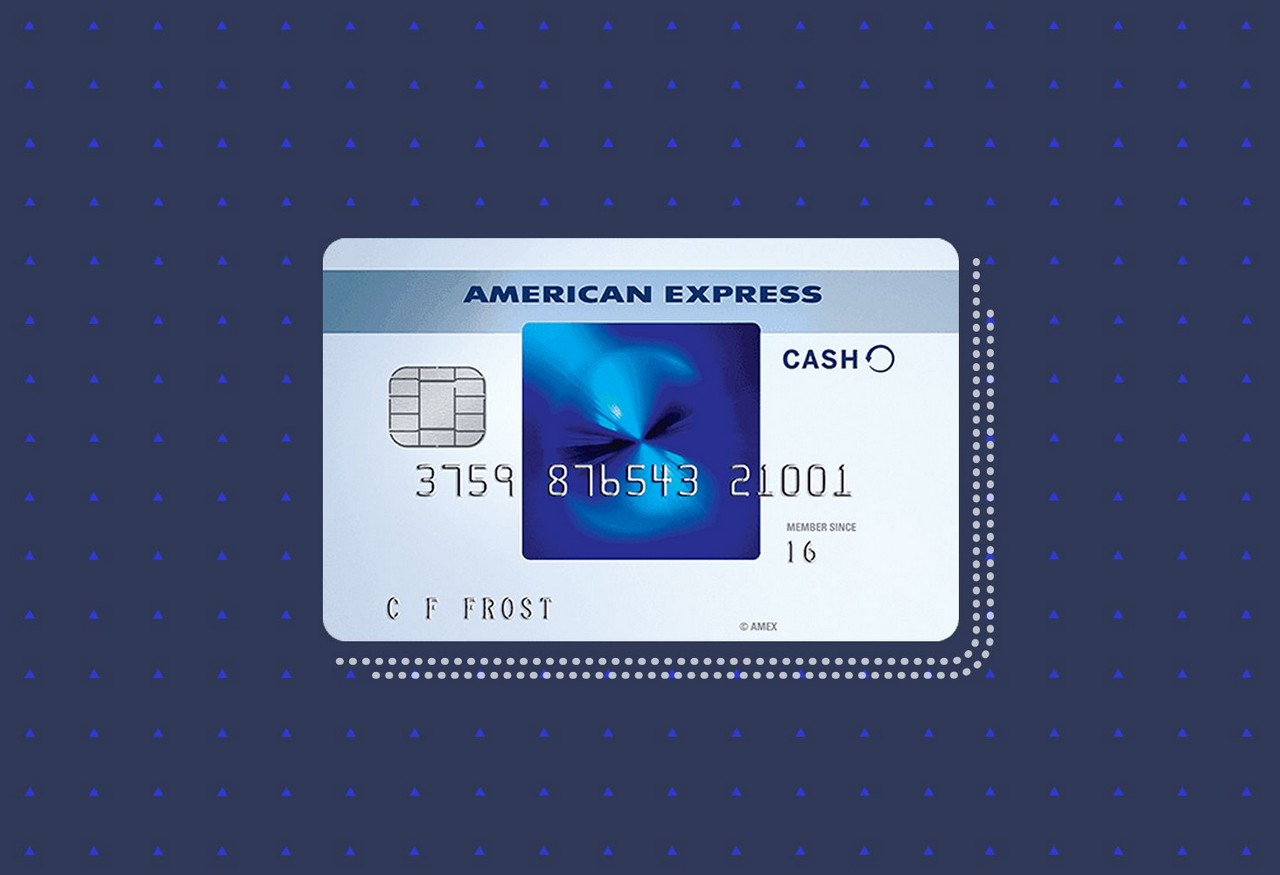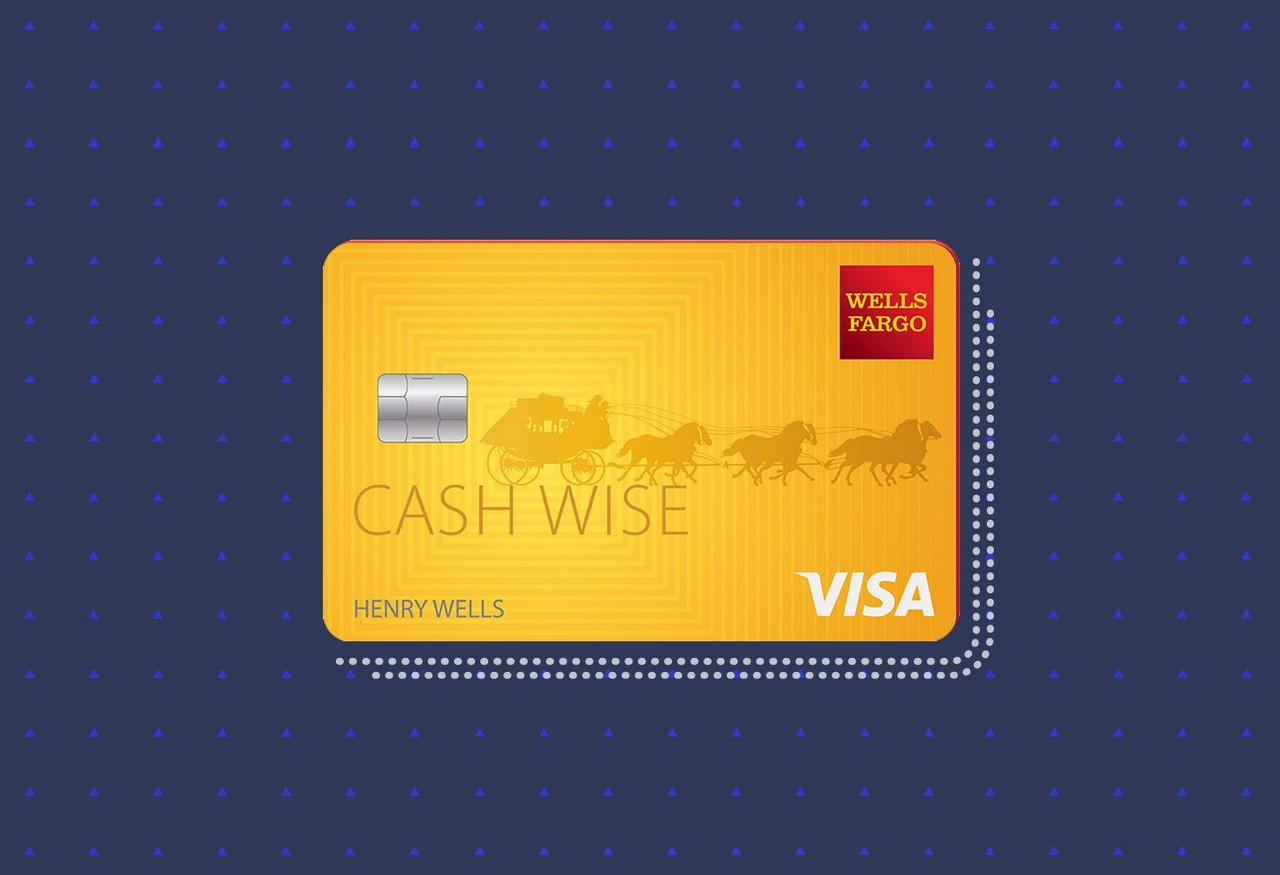In case you are purchasing round for a certificates of deposit (CD), there are a lot of choices accessible to you. Lots of of establishments provide CDs, out of your tiny native credit score union to large multinational banks. The excellent news is that there is no such thing as a important distinction between the CDs they usually provide—though rates of interest can differ considerably from one particular person establishment to a different. On this article, we’ll take a look at how CDs work at each banks and credit score unions and enable you resolve which sort of establishment is best for you.
- A typical certificates of deposit (CD) works the identical approach whether or not it’s issued by a financial institution or a credit score union.
- Most CDs at banks or credit score unions are federally insured by both the Federal Deposit Insurance coverage Company (FDIC) or the Nationwide Credit score Union Administration (NCUA), as much as sure limits.
- Neither banks nor credit score unions as a gaggle pay constantly greater rates of interest. Nonetheless, charges can differ considerably from one particular person monetary establishment to a different.
Credit score Union CDs vs. Business Financial institution CDs
Typical certificates of deposit work the identical approach, whether or not they’re issued by a industrial financial institution or a credit score union.
Whenever you take out a CD, you decide to leaving your cash within the account for a set time period. In alternate, the issuer will typically pay you the next fee of curiosity than it affords on its normal (and extra liquid) financial savings accounts. If it is advisable to get your cash out earlier than the top of the CD’s time period you’ll usually incur an early-withdrawal penalty, typically a considerable one.
CDs are among the many most secure investments accessible. One motive is that the financial institution or credit score union ensures the rate of interest it guarantees you whenever you join. One other is that almost all CDs are federally insured. The Federal Deposit Insurance coverage Company (FDIC) gives insurance coverage for many banks, and the Nationwide Credit score Union Administration (NCUA) gives it for many credit score unions. Whenever you open a CD with an FDIC- or NCUA-insured establishment, as much as $250,000 of your cash on deposit with that establishment is protected by the U.S. authorities, even when that establishment have been to fail.
Observe
Along with banks and credit score unions, you can even purchase CDs from brokerage companies or impartial gross sales representatives. These are often known as brokered CDs. One main distinction between brokered CDs and different varieties is that brokered CDs usually commerce on the secondary market, making it attainable to promote your CD earlier than its time period is up if it is advisable to. However beware, as brokered CDs aren’t all the time FDIC-insured.
Credit score Unions vs. Business Banks
Although CDs work in the identical fundamental approach whether or not they’re issued by banks or credit score unions, some individuals favor one sort of establishment over the opposite.
There are a selection of causes for this:
- Credit score unions are inclined to have decrease charges and higher rates of interest on financial savings accounts and loans.
- Banks' cellular apps and on-line know-how are usually extra superior.
- Banks usually have extra branches and ATMs nationwide. Some credit score unions, nonetheless, take part within the Co-op Shared Department community, which permits their clients to do enterprise at some 5,600 bodily areas and greater than 30,000 surcharge-free ATMs.
- Credit score unions have a fame for offering extra customized customer support, whereas giant banks are inclined to have stricter guidelines and should have much less flexibility in decision-making.
On the subject of CDs, the rates of interest supplied by totally different establishments are so variable that it's unattainable to say that both banks or credit score unions provide greater charges. That's why it may be a mistake to only open a CD on the financial institution or credit score union the place you have already got different accounts with out investigating how its charges examine with these you’ll be able to earn elsewhere.
Earlier than the web, your CD decisions have been primarily restricted to what you possibly can discover in your neighborhood. However with the proliferation of on-line banks—and conventional banks with on-line portals—the variety of CDs you’ll be able to take into account is astounding. For instance, Investopedia’s checklist of greatest financial institution CD charges relies on about 200 banks that settle for clients nationwide.
Which Is Higher: A Business Financial institution or a Credit score Union?
It will depend on your private preferences. When it comes to CDs, the rates of interest paid by banks and credit score unions as a gaggle are usually comparable, though they will differ from one establishment to a different.
Are Financial institution and Credit score Union CDs Secure?
Sure, in the event that they're federally insured, as most CDs are. Whenever you open a CD with an FDIC- or NCUA-insured establishment, as much as $250,000 of your cash at that establishment is protected by the U.S. authorities.
What Is the Greatest CD?
The very best CD for you’ll rely upon a number of elements. One is how lengthy you’ll be able to afford to tie up your cash—CDs can be found in phrases lasting from a couple of months to quite a few years. That's necessary since you may face substantial early-withdrawal penalties if it is advisable to get your cash out prematurely. As a result of CDs are in any other case pretty comparable, you’ll be able to then store round for a CD with one of the best rate of interest for that exact time period. However make it possible for it’s coated by both FDIC or NCUA insurance coverage.
What Phrases Are CDs Out there For?
You should purchase a CD that matures in as little as a month or so long as 10 years or extra. The most typical phrases you're more likely to see at banks and credit score unions in the present day are three months, six months, one yr, two years, three years, and 5 years. The longer a CD's time period, the upper the rate of interest it’s more likely to pay. Nonetheless, your cash shall be inaccessible to you (and not using a penalty) for an extended time period and it’ll even be extra topic to inflation threat.
The Backside Line
A typical certificates of deposit (CD) works in the identical approach whether or not it’s issued by a financial institution or a credit score union. Selecting between the 2 sorts of monetary establishments is basically a matter of non-public choice, though it could possibly pay to buy round for a aggressive rate of interest.





